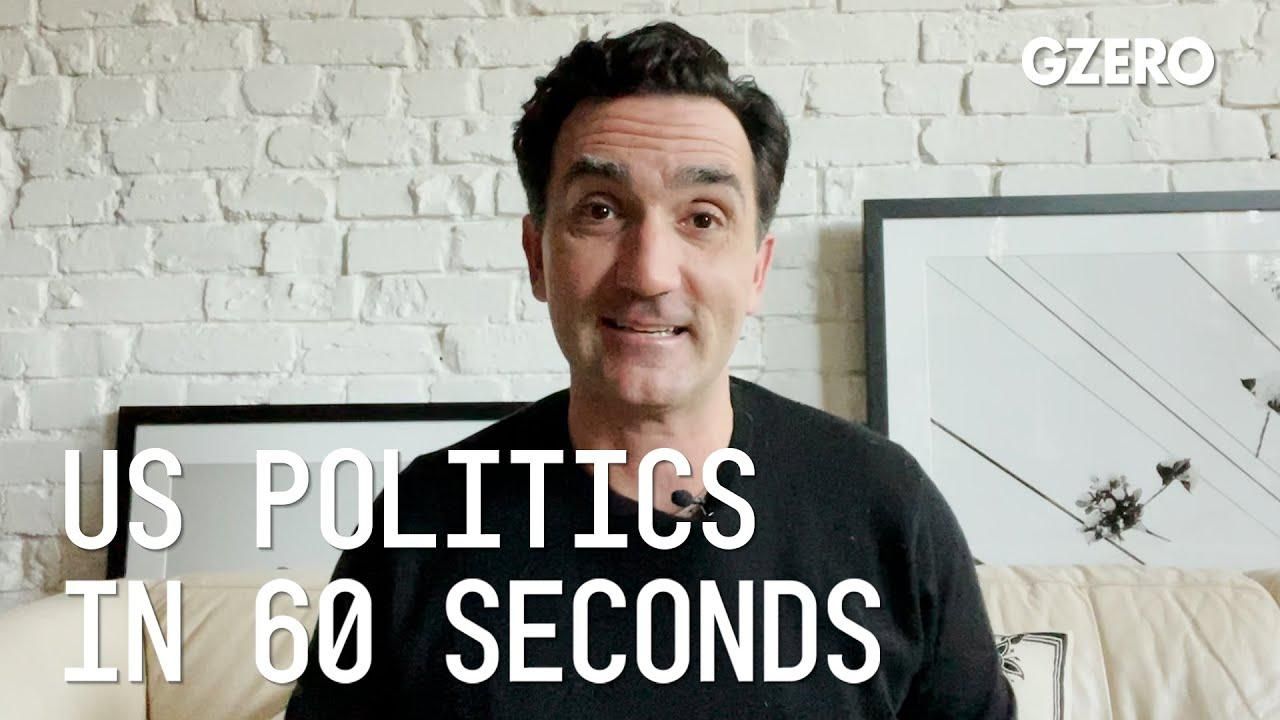
Jon Lieber, Managing Director of the United States for the Eurasia Group, shares his insights on US politics this week:
First question. Why is Biden's nomination of Lloyd Austin for Secretary of Defense controversial?
It's controversial because Austin has not been out of the military for the required seven years that are needed, under the National Security Act of 1947, to ensure civilian control over the Department of Defense. As a result, he'll need a waiver from Congress in order to serve. This would be the second waiver that Congress has approved in the last four years with the first one coming for Trump's Secretary of Defense, General Jim Mattis. That was justified at the time because Congress was a little concerned about President Trump and really wanted somebody with a steady hand like Mattis on the till. But Biden has other options, including Michele Flournoy, who has a lot of supporters in Capitol Hill. And so, you're seeing some Democrats suggest they may not be willing to give a waiver this time. Austin may require a lot of Republican votes in order to get confirmed.
Second question. Any update with the new stimulus package?
I wish. This has been going on now for six months. There's been very little progress made. What seemed like a compromise of about a $900 billion stimulus where bipartisan members from both chambers of Congress rallied around that was then mostly embraced by Treasury Secretary Mnuchin has been basically rejected by House Speaker Pelosi and Senate Majority Leader McConnell, who are kind of circling around each other trying to get a deal right now and not coming to any conclusion. Time is running short. Congress is supposed to adjourn for Christmas on December 18th. They could potentially come back after Christmas to finish a deal if they don't have one in hand by then. But unemployment insurance starts running out at the end of the month and time's getting really short for Congress to act here.